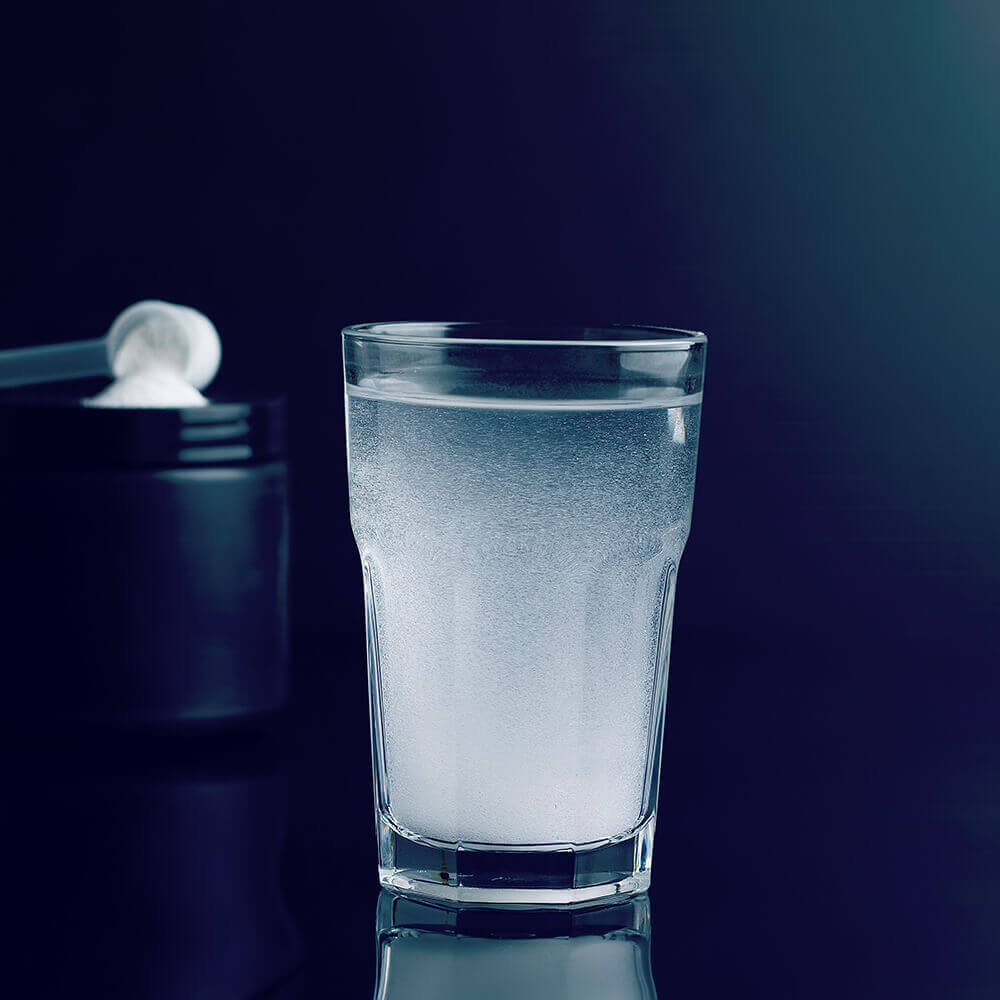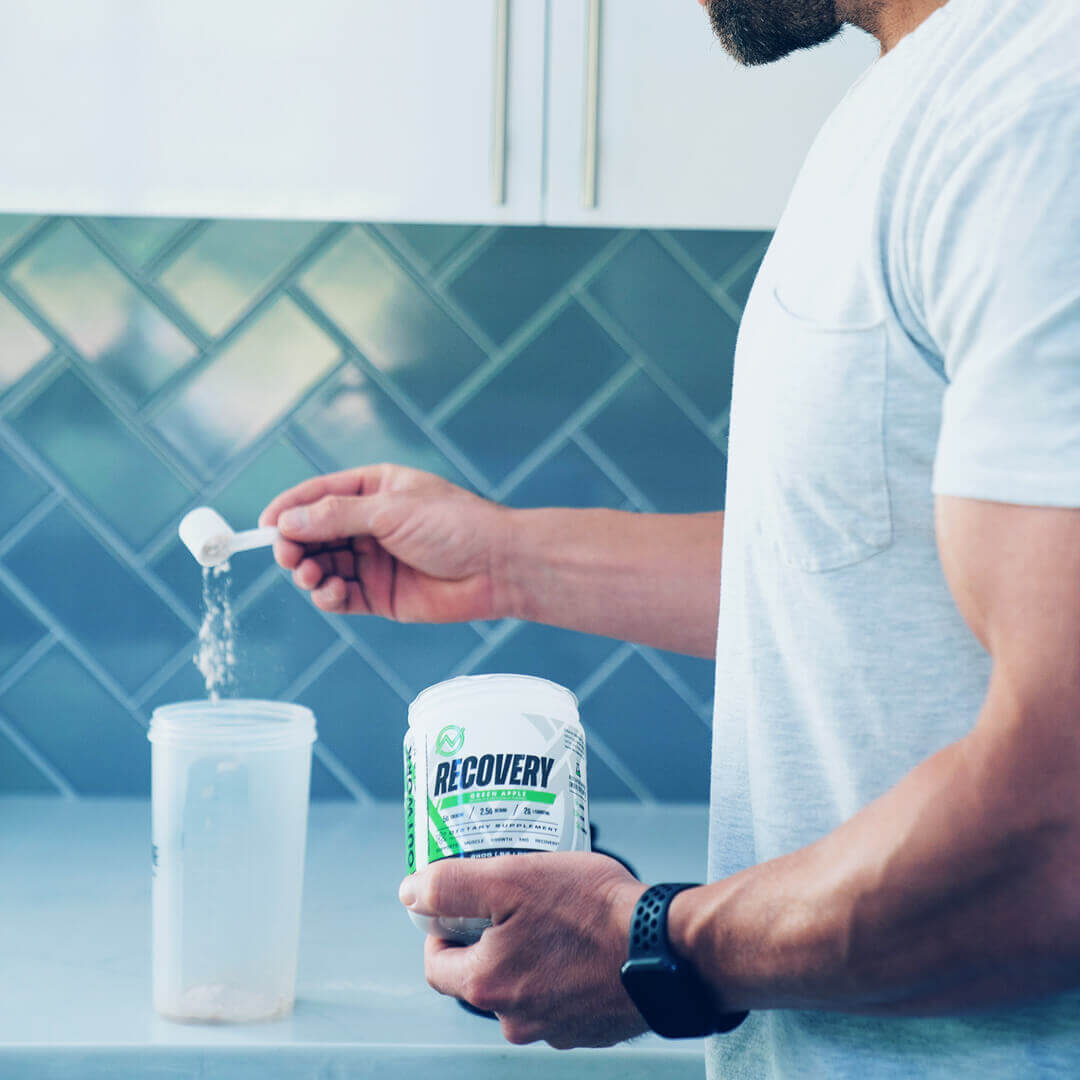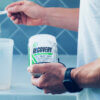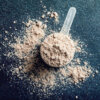Creatine is one of the few supplements to consistently show positive results in many different studies. However, some people are concerned about the weight gain from water retention associated with creatine, but how do our bodies store this increased body water?
Overview
- What did they test? Researchers compared creatine to a placebo during an 8-week training program and evaluated changes in body composition and body water.
- What did they find? Significant differences were found between groups for changes in body mass, muscle mass, intracellular water, and total body water. Changes were greater in the creatine group.
- What does it mean for you? Creatine increases water retention, but the water is stored mostly in your muscles. You don't have to worry about looking bloated or "puffy" from creatine supplementation.
What’s the Problem?
The first ever creatine supplement study in humans was published in 1925 27. Today, creatine is among the most popular nutritional supplements, with hundreds of studies supporting its effectiveness. The popularity of creatine began in the 90's when the first commercially available supplement "Phosphagen" manufactured by EAS, landed on the market. Creatine's benefits extend beyond performance and resistance training adaptations, and have shown promise as a clinical treatment for chronic diseases 2. Creatine is a naturally occurring non-protein amino acid. When creatine is joined with a phosphoryl group (Pi) it becomes phosphocreatine. The majority of creatine is stored in your muscles, with roughly two thirds being in the form of phosphocreatine 2. In your cells, adenosine triphosphate (ATP) is broken down to produce the necessary energy to fuel exercise. When you perform high intensity exercise like resistance training, your body rapidly increases the rate of ATP breakdown. If ATP is not regenerated at the same rate, it will impair your ability to exercise at the same intensity resulting in fatigue 3 4. This is where creatine comes in. One of the primary mechanisms of creatine is its vital role in rapidly resynthesizing ATP to delay fatigue or increase your training capacity.

Depending on the amount of muscle mass, 1-3 g of creatine is needed per day to maintain normal (unsupplemented) concentrations 2. This daily requirement can be met by consuming a "normal diet" that includes red meat and seafood, since one pound of uncooked beef or salmon provides roughly 1-2 g of creatine 5. The remaining daily creatine needs are synthesized in the liver and kidneys 6. However, you're only saturating creatine stores by roughly 60-80% from consuming 1-2 g of dietary creatine per day 2. If you're an athlete or someone with more muscle you will need more creatine to optimally saturate creatine levels 2. This is why supplementing with creatine may be helpful because it can increase muscle creatine and phosphocreatine concentrations by 20-40% 2 7 8 9. Unfortunately, there is an upper limit of creatine saturation and supplementing beyond maximal saturation only leads to creatine being broken down and excreted in the urine 7.
One of the most common concerns we hear from people who are interested in supplementing with creating is water retention. Yes, you will retain water, but that's not a bad thing. Muscle is roughly 75% water by volume 10 11. This is important because some evidence suggests creatine and its "osmotic effect" may increase protein synthesis and enhance hypertrophy 12. Total body water (TBW) can be differentiated into intracellular (ICW) and extracellular (ECW) components. Intracellular (within the cell) is the fluid inside the cells of the tissue of interest. Extracellular (outside the cell) is the water that is outside of the cells of the tissue of interest. ECW also includes interstitial (in between cells) and blood plasma. If we wanted to know how creatine impacts fluid balance and water retention, we could assess this by measuring body water. This was the approach taken by the study we review and provides some novel insight into creatine's effects on body water and muscle 1.
Purpose
Researchers compared the effects of creatine supplementation to a placebo on measures of skeletal muscle and body water in resistance trained men following the same resistance training program.










